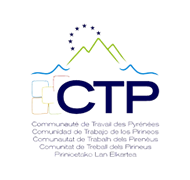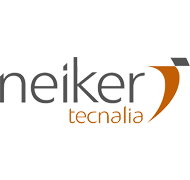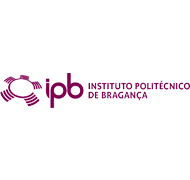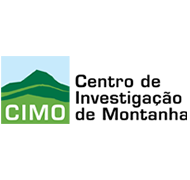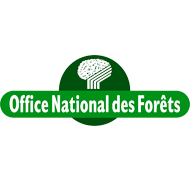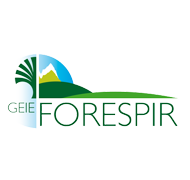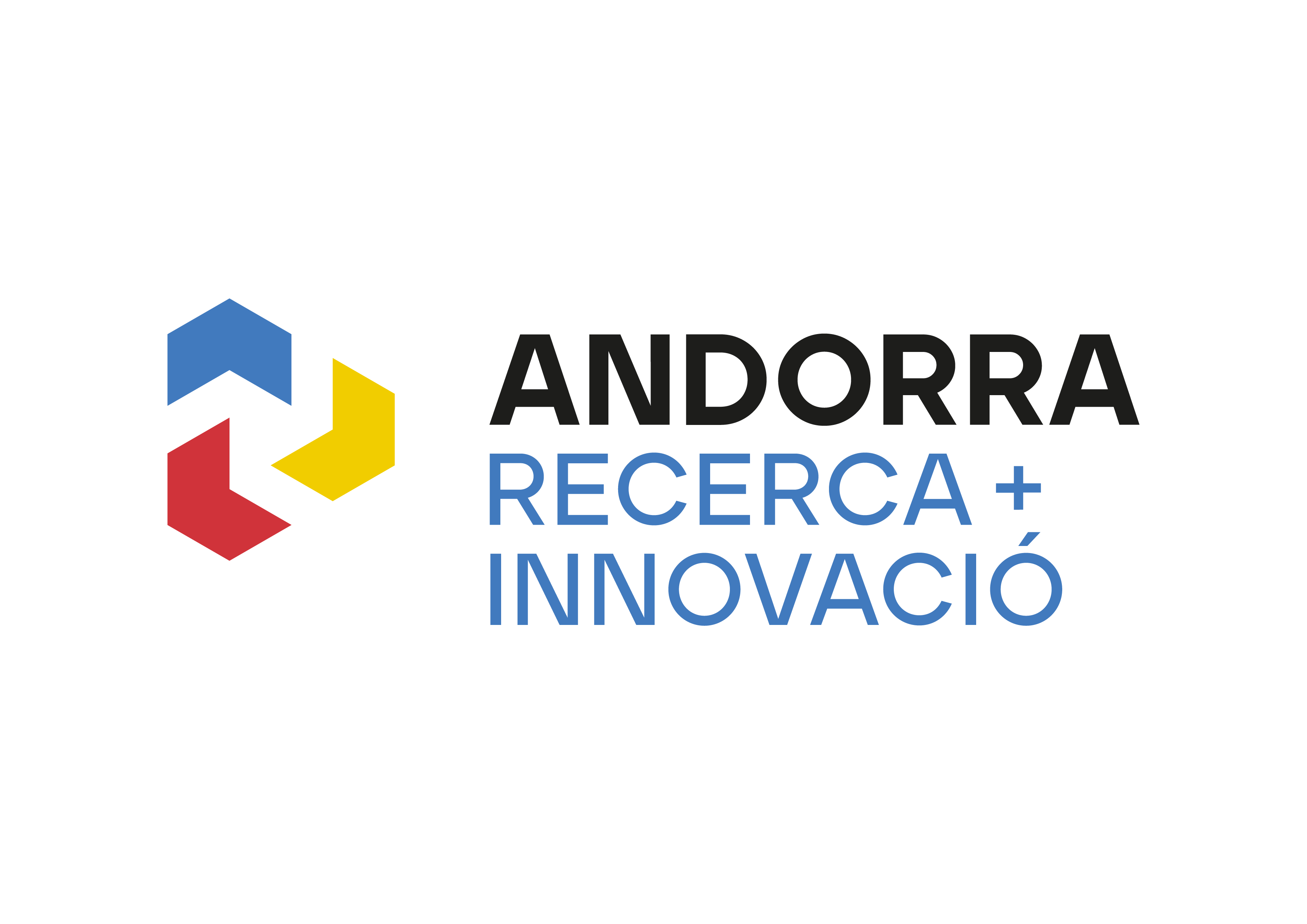Fri, 31/07/2020 - 10:55

Mountain areas are among the territories most affected by natural risks and these risks are expected to increase due to the effects of climate change (more severe droughts, higher average temperatures, changes in the rainfall regime). These risks know no administrative limits and require transnational coordination.
The SUDOE MONTCLIMA project aims to strengthen the resilience of the SUDOE mountain territories through a transnational strategic framework based on the capitalization of successful projects for the prevention and management of natural and climatic risks (fires, droughts, floods, avenues and erosion).
The MONTCLIMA Project is organizing a transnational seminar on natural risks and climate change in mountain areas. The aim of this seminar, which will take place on 20 and 21 October in Soria (also in virtual), is to establish the knowledge bases on the link between climate change and the increased frequency and intensity of associated extreme weather events.
See here the provisional program of the conference
One of the pillars on which the project's approach is based is the capitalization of successful cases of forms of governance and practical initiatives for the prevention and management of natural risks. Especially those that consider the link between increased climate variability and natural risks in the mountains of the SUDOE space.
It is therefore essential to identify virtuous examples and good practices in natural risk management and prevention that have been implemented or are planned.
The main themes, although not the only ones, are the following:
- Case studies of implementation of nature-inspired measures (NBS)
- Examples of good governance practices in the management and prevention of natural risks in mountain areas (fires, erosion, droughts and floods)
- Virtuous examples of multi-risk management systems
- Tools and platforms for natural risk management in mountain areas
- Prevention and governance initiatives including the cross-border dimensión
- Innovative initiatives in early warning and detection systems for existing and emerging risks
- Methodologies for calculating risk levels that consider projected variables (climate projections)
- Examples of governance that integrate climate change adaptation into their risk management and prevention schemes
A Selection Committee made up of experts from France, Spain, Andorra and Portugal will select the 5 most virtuous practices on the basis of predefined selection criteria (geographical scope, relevance, territorial representation, subject matter addressed, representativeness of the risk addressed and novelty). These 5 cases will be invited to present their experience during the day of 21 October. The organization will assume the cost of accommodation and public transport for the speakers. The rest of the good practices received will be valued in the MONTCLIMA platform's good practices tool.
Who can present their good adaptation practice?
Any person, public, private or individual entity that has been or is being involved in a good practice in the management and prevention of natural risks in the SUDOE territory.
What are the criteria?
Good practices in natural risk prevention management range from early warning systems to the implementation of concrete measures in the field, including measures aimed at improving knowledge or the implementation of new risk calculation methodologies that integrate climate variability.
In this call for good practices we will give priority to virtuous examples that illustrate how climate variability is integrated into risk assessment and management methodologies, especially in mountain areas, examples of governance of natural risks at a transnational level, management schemes that consider the concept of multi-risk and case studies of management and prevention measures based on ecosystem services.
In particular, good practices should:
- Have been or are being implemented in the geographical context of the SUDOE (Southern France, Spain, Portugal, Andorra and Gibraltar)
- Of real application; measures or initiatives of management and prevention of risks already implemented or that are in phase of implementation.
- have been designed and applied to reduce or prevent any of the natural risks under study (droughts, erosion, floods and forest fires)
- There must be accessible information on the good practice; the initiative must have a detailed and accessible source of information on the good practice in question, preferably in several languages (English, French, Portuguese and Spanish).
How to present the good practice?
Candidates must fill out this excel file with the required data (in French, Spanish, Portuguese or English), and send it by e-mail to Info@montclima.eu
What's the deadline?
The deadline for submission of good practices is 1 September 2020.





